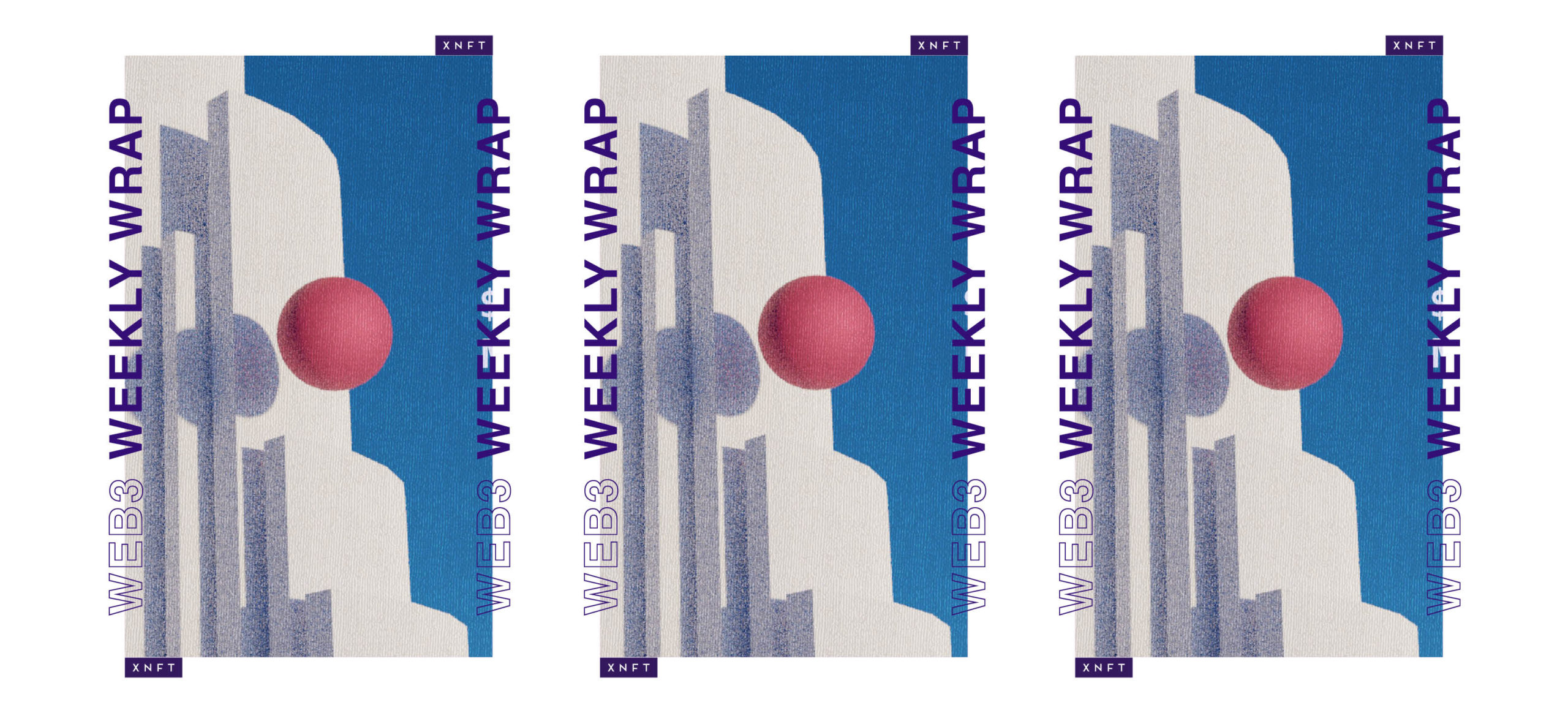
This latest Web3 Wrap includes Part One of Water & Music’s ‘Music and the Metaverse’ research series and playbook, which looks at the key principles used to build a metaverse strategy; Refraction Festival’s creative grants program; Vic Mensa and Keyon Christ’s new music NFT release, which presents a new format and stems player; and Dequency, a new music rights and licensing platform.
Check it out below.
Water & Music Releases Part One of its ‘Music and the Metaverse’ Research Series
Water & Music has announced its Season 2 series, Music and the Metaverse.
The series will dive deep into the buzz-filled metaverse concept and find out exactly what the metaverse is and music’s relationship to it to develop a “more actionable roadmap for what truly innovative, digital-native music metaverse experiences could look like.”
Part One dropped today and features nine design principles for building musical metaverse experiences. The principles were based on “theoretical readings plus over 25 interviews with artists and music-industry professionals” and are designed to act as a playbook for forward-thinking artists and builders looking to explore new territory.
Coinciding with the release of part one in the series, Water & Music is releasing a collection of membership NFTs, priced at 0.1ETH and 0.3ETH (around $120 and $370, respectively). The 0.1ETH NFT offers annual access to Water & Music’s research and community, with the 0.3ETH NFT offering lifetime access.
You can read the first part in the new series here.
Keyon Christ and Vic Mensa Release New Music NFT and Stems Player, Powered by Zora
Keyon Christ and Vic Mensa have teamed up to release Ying Yang Twins, a new music NFT.
Ying Yang Twins presents a new music NFT format, offering an open edition that allows the owner to remix the track via a “spore” player, a Kaos pad-like interface. There is also the ability to unlock loops that expand the song.
The “spore” interface offers a range of functionality, such as the ability to loop sections of the track and adjust its attributes; pitch up and down; stutter and space, a control the effects and stutters sections; and wobble or noise gating.
The Ying Tang Twins release is powered by the Zora protocol and is currently on sale for 0.0888ETH ($108 at the time of writing).
You can check out the release and play around with the “spore” here.
Refraction Launches Creative Grants Program
Virtual music and arts festival Refraction has launched a creative grants program.
Running across Season 2 and 3, the creative grants program will be awarded across three funding tiers, totaling up to 100k $USDC, which will be divided between event and commission submissions.
The respective funding tiers available to pitch for include micro-grants, which are artist-managed projects looking for up to 1k $USDC in funding, such as written editorial contributions and radio programming; mid-weight, which include Refraction-assisted projects looking for up to 5k $USDC in funding, such as one-off IRL or metaverse events and NFT collections; and heavy-lift, which include projects looking to run “multi-event series’ incorporating both music and visual arts” that would work with established Refraction guilds (Curatorial, Editorial, Community, etc) to realize the project.
Refraction’s Curatorial guild will assess applications and select those to bring to the Community Snapshot for voting and selection.
There is an open call for submissions running until July 31. You can read more about the grants program and apply here.
Music Rights Portal Dequency Launches
Earlier this week, music rights portal Dequency launched.
According to the platform, Dequency is the “first-ever decentralized music sync licensing marketplace” that offers music licenses for “digital art and virtual worlds,” directly from the artist or rights holder. The platform is currently in Beta, so many features are still not live yet, including user upload functionality. Dequency has a small selection of artists already live, selected from their close network of artists.
Dequency sync licenses are smart contracts on the Algorand blockchain, which allows instant payment to creators with very low fees. Although Dequency licenses live on the Algorand blockchain, the rights and licenses are not blockchain-specific.
You can check out Dequency here.






